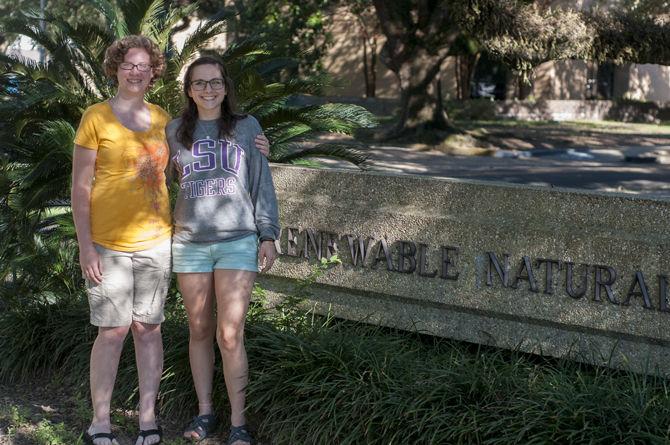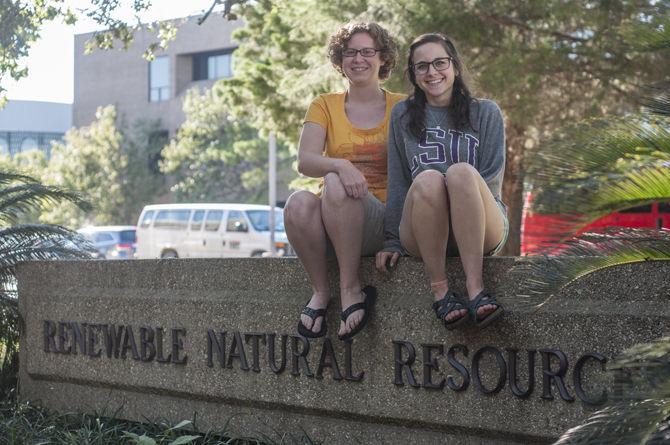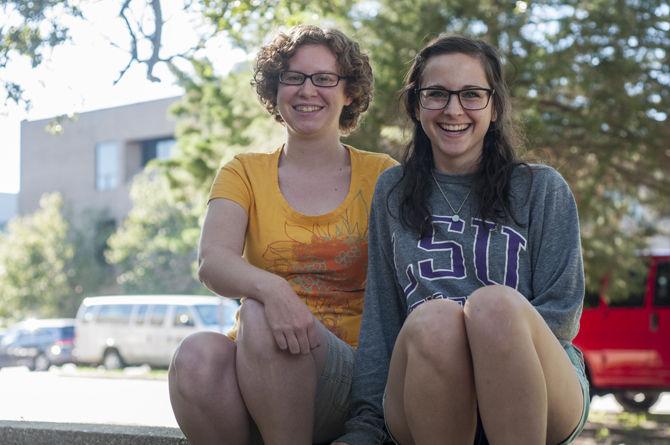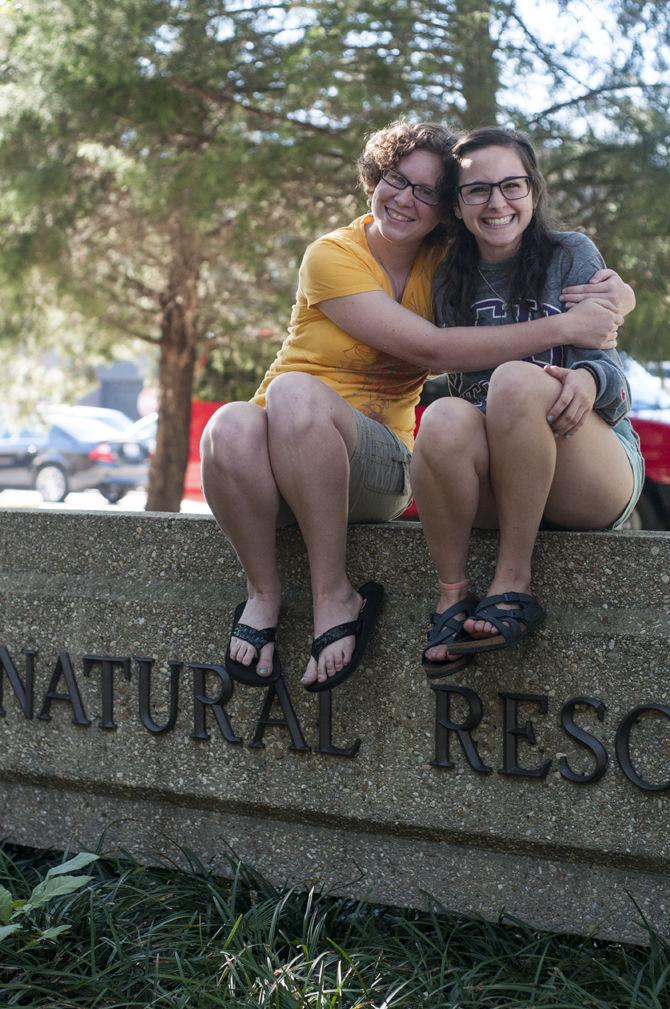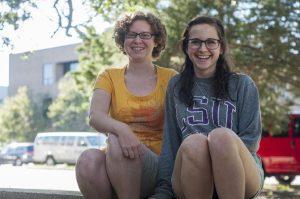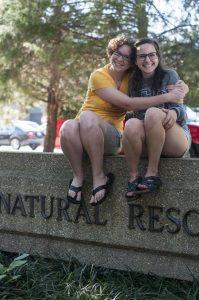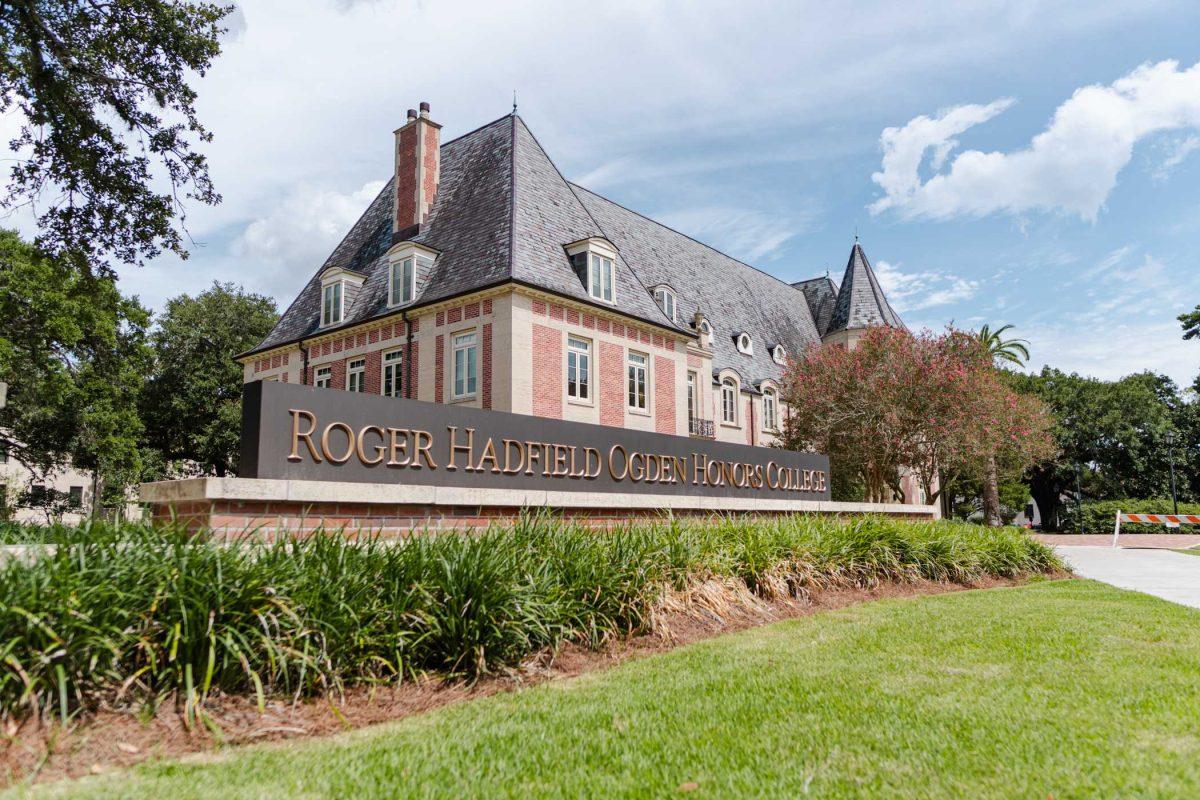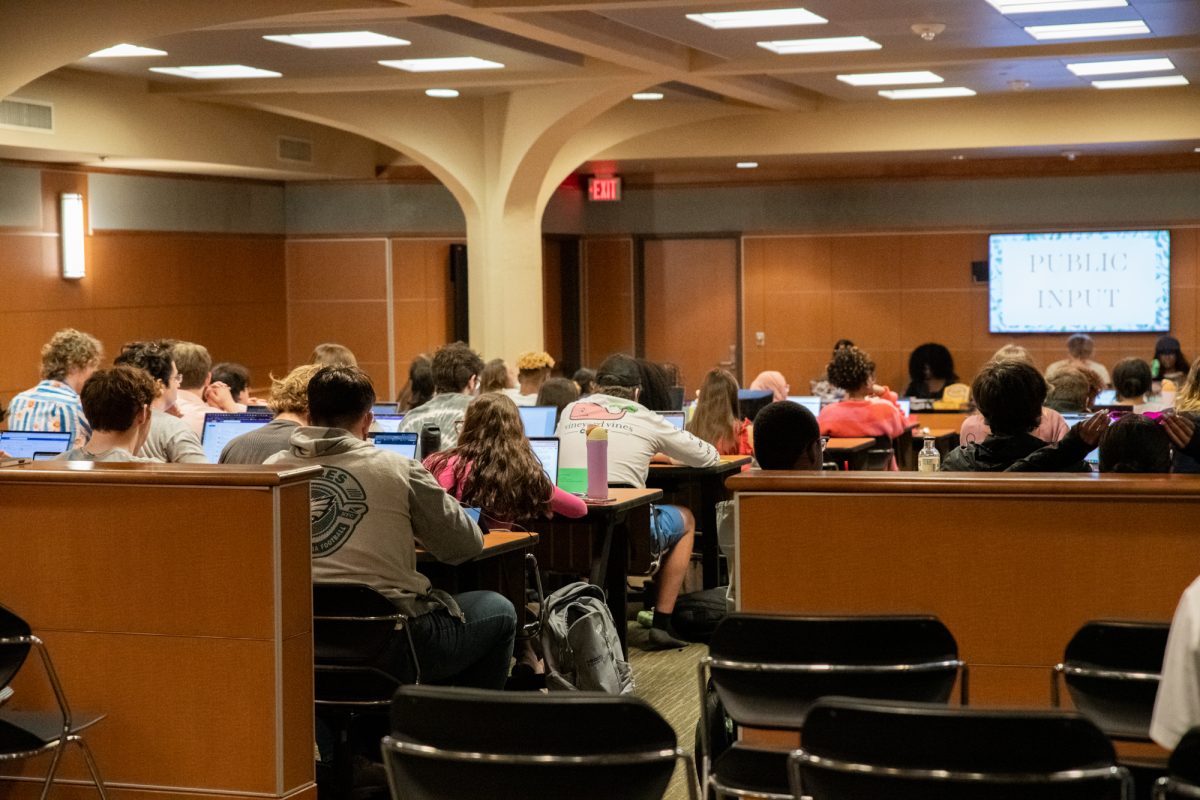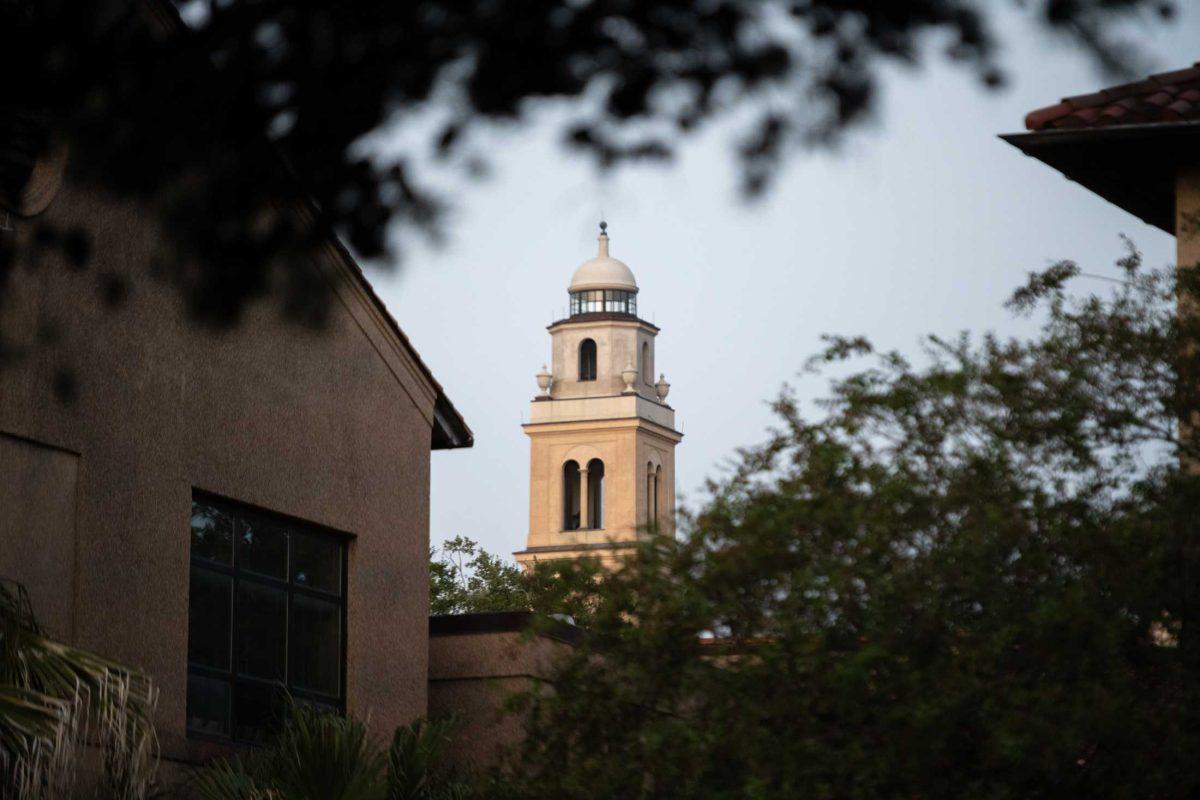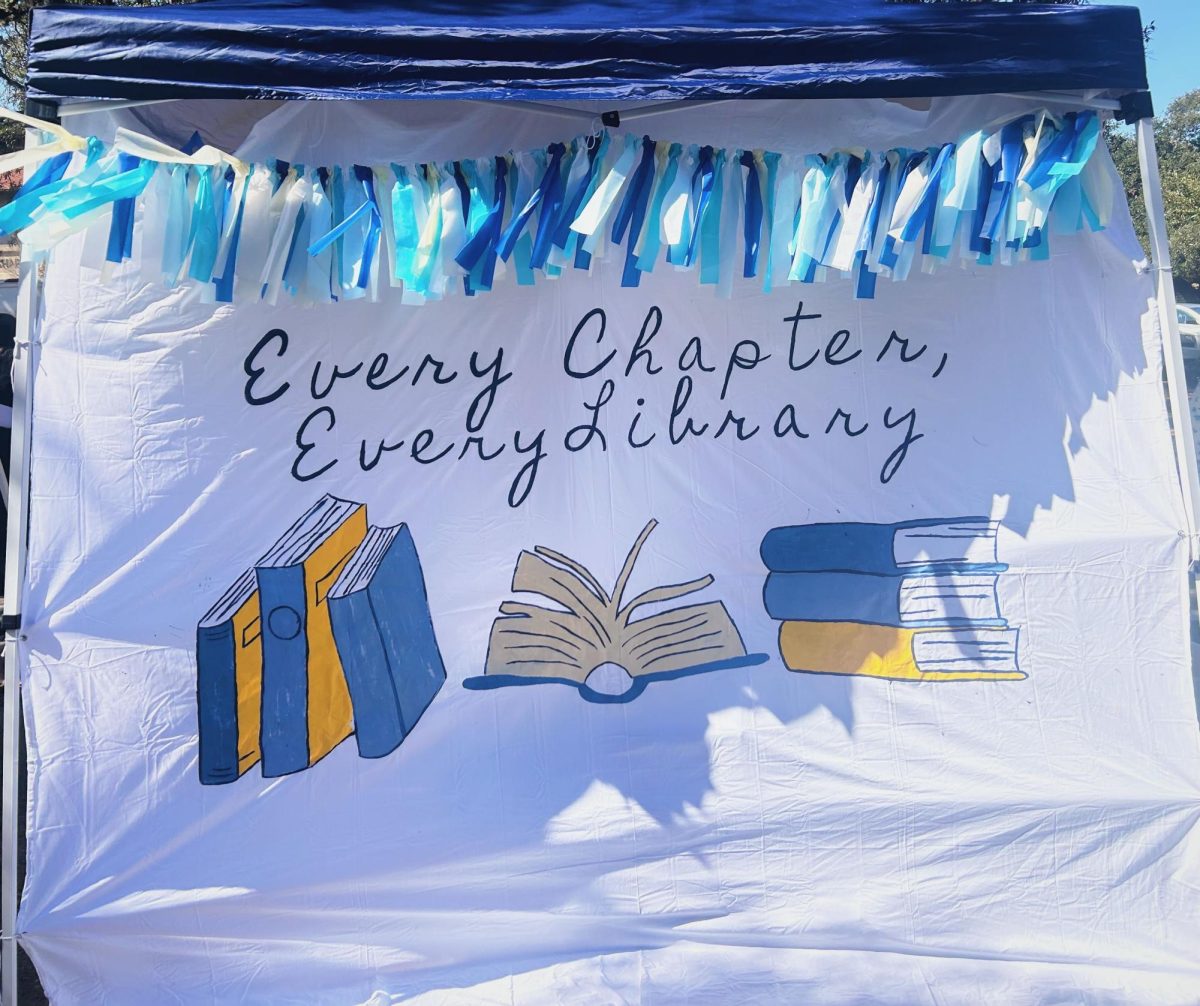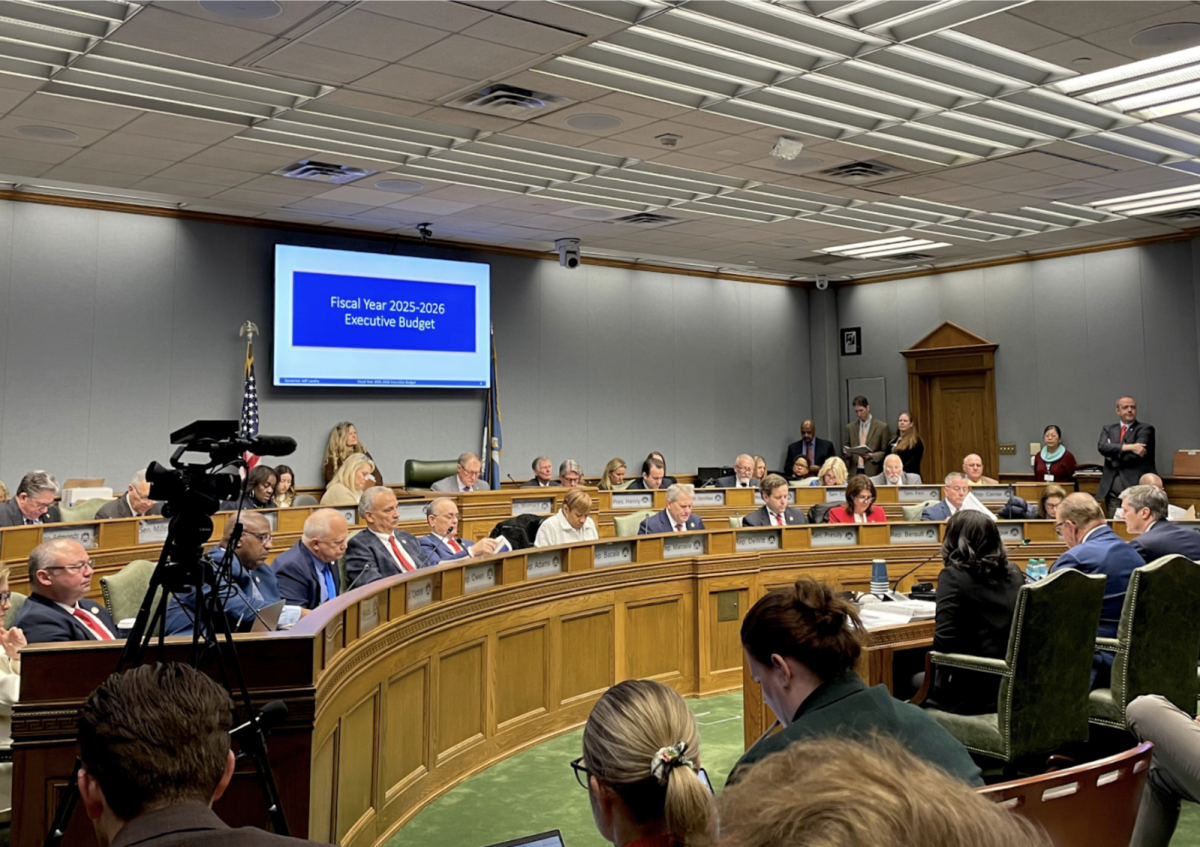Classrooms in the LSU Renewable Natural Resources Building are no longer the only environment where students can learn about ecology and wildlife management.
For two weeks, 10 College of Agriculture students studied African wildlife ecology at the Savannah Research Centre in the Mbuluzi Game Reserve in Swaziland. Wildlife Assistant Professor Bret Collier said organizing the trip to Swaziland was his responsibility and a faculty-driven division of the university’s study abroad program.
“American students are horrifically inexperienced with international issues,” Collier said, which is the reason he initially looked into providing the Swaziland opportunity for LSU students. “The vast majority of LSU students have never and will never step foot outside of the U.S., so this is their chance to.”
The skills students learned while in Swaziland — such as fragmentation — are similar issues wildlife ecologists face in the U.S., making it an ideal location, Collier said. The purpose of the trip was to teach students wildlife conservation management, something Collier learned years before in Swaziland as an undergraduate at Texas A&M University.
Collier said the students’ excursions involved catching bats, trapping small mammals, looking for nyala — a type of antelope — and tending to vegetation, in addition to learning about conservation efforts. When students were not conducting this type of field research, Collier said, they were learning about the social and cultural economics of Swaziland.
“Part of the reason I take the kids to see this country is to see the Swaziland village because Swaziland is poor,” Collier said. “There is no power, no running water in most houses and the vast majority of houses are made of sticks and mud.”
Conservation biology senior Alexis Burruss said she learned about the trip in August 2014 when Collier announced it to her class.
“I immediately knew I had to do whatever it would take to go on that trip,” Burruss said. “[Going to] Africa has been a life-long dream of mine, and with the opportunity to also earn course credit, I knew I had to go.”
Burruss said the most challenging part about living in Swaziland for two weeks was conducting a six hour, 11-kilometer vulture survey down a dry riverbed.
“We ran out of water and snacks, and walked for miles over rocks and boulders by surveying the trees for vulture nests,” Burruss said. “I was delirious by the end of it.”
For natural resource and wildlife ecology and management seniors Alexandria Medine and Lindsay Mullen, cultural adaptation — to food and lack of cellular service, for example — was more of a struggle than the physical challenges they faced.
Collier said students were “completely off grid” throughout their time in Swaziland.
“It made me extremely grateful for my home and my bed and even simple things like running water,” Medine said. “It was a very emotional and life-changing experience.”
Collier aimed to get students out of their comfort zones and teach them about international issues. This kind of lesson, he said, is not something that can be taught in the classroom.
“If I didn’t do this program, there probably wouldn’t be one,” Collier said. “I do it because I want to and because I believe students need to be given this opportunity.”
Collier said he is already planning a trip back to Swaziland for 2016. Ag leadership program students will join his team of RNR students. Mullen, Medine and Burruss — all seniors — said they wish they could prolong graduation to return to Swaziland under Collier’s teaching.
“The All Out Africa founder told us ‘travel as much as you can. Traveling opens your mind and broadens your horizons to new things, people and opportunities,’” Burruss said. “I took what he said to heart because there is no better way to learn about something than to just go and experience it.”
Wildlife professor teaches AgCenter students about conservation, international issues in Swaziland
September 13, 2015
Resource and wildlife ecology and management seniors Lindsay Mullen and Alexis Burruss were two of 10 students who traveled to Swaziland in August of 2015 to study international conservation issues.
More to Discover



